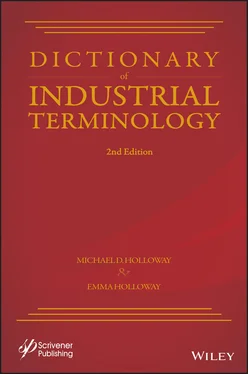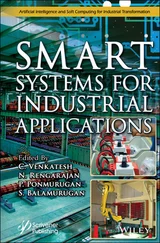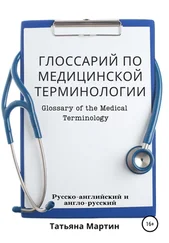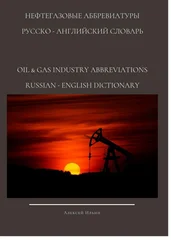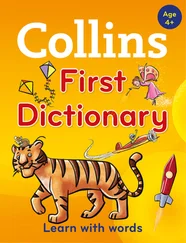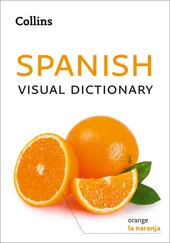If there had only been a text, I could turn to that would have helped me to translate what I was thinking into the civilian terms, that would have been a huge help and radically reduced the learning curve! Some of the terms in this book may be different than what you call them. That is fine, honestly that is kind of the point, to help us all to learn a common language so that we are literally on the same page when we are talking about things and comparing ideas and strategies.
For this to be most effective you may need to challenge your preconceived notions of what something is or is not. We all come from different backgrounds and learned much of this maintenance and reliability stuff through tribal knowledge. It has been passed down from generation to generation of technicians since the beginning of time, or most likely, we made it up as we went along.
In the few years I have been involved in maintenance and reliability, I have been blessed to have met and worked with many experts in our field. As an “expert” we get used to being asked all of the questions, so we begin to think that we are always right. I challenge you, to humble yourself, as this text may not contain the words that you would use as a particular term, but that doesn’t mean it’s wrong, it’s just different. A good friend of mine says, “seek first to understand, then to be understood.” I think that this applies here, as new technologies are developed, new terms will develop as well. As technologies advance so should our reliability language that may require us to take off the “expert” hat and become the student for a bit.
In closing I want to say “Thank You” to Michael. For both putting something like this together, I truly wish I had found something like this earlier in my civilian career! It would have helped me to at least sound like I knew what I was talking about. Also, to say thank you for honoring me, by asking me to write this.
Loren Green, MLTII, MLAIII, MLE, CLS
---
This book is like a relief valve for me, to relieve my frustrations associated with how people interpret words that are ill-defined in the marketplace. Under such circumstances, individuals will utilize this ambiguity in understanding, to hijack that word for their own purposes (i.e.—confirmation bias). Oftentimes such interpretations are made for commercial reasons. Sadly, I have been in the problem-solving business (Root Cause Analysis or RCA) for over 35 years, and I have been unable to solve this dilemma alone. Even in my field of RCA, the term is so ill-defined it is useless. No matter what approach anyone is using to solve problems, they will call it ‘RCA’. This makes it impossible to compare effectiveness of any one approach. As this book will demonstrate, my experience is not unique by any means. Just look at commonly used terms like Reliability Centered Maintenance, Predictive Maintenance, Failure, Reliability, Safety and the list goes on. There will certainly be preconceived opinions about the terminology in this book and that will evoke a constructive debate. That is how we will define the success of this book!
This book seeks to unify these 21,000+ words, terms, and phrases, for the betterment of our respective fields. The gracious contributors to this book are the Who’s Who of experts in their respective fields. They share a passion for ensuring that we, as practitioners, have unity in purpose when it comes to operating our facilities in a safe and responsible manner. We do so while being good stewards to our employees, our customers, and the communities in which we operate.
My gratitude goes out to Michael and Emma for taking on this enormous, but necessary challenge. This is a must read for those who constantly experience undesirable outcomes due to miscommunications, simply because the same words meant different things to different people. This book will literally help steer your career!
Robert J. Latino
CEO
Reliability Center, Inc.
---
My twenty-five years of experience in Asset Reliability Management, qualifies me to recommend the importance of this dictionary, as the language of technical keywords is extremely important for day-to-day tasks in the manufacturing industry. It has indeed been a remarkable feat by Dr. Holloway to have created and compiled a dictionary of the industrial lexicon and now with its updated second edition, the dictionary adds on new terminologies and any previously uncovered terms and their definitions. Practitioners and academics alike will appreciate the significance of this timely update which signifies the importance of building upon the literature of the manufacturing and industrial field(s). Skillsets are built with practice and with each Holloway’s contribution, we must embrace this vision that it is the combination of knowledge and skill sets that will create safer, efficient, and more productive manufacturing environments. The first edition was received with much enthusiastic praise and this new dictionary will undoubtedly continue to be an invaluable tool for all working with the manufacturing industry. It is a reference work which should be in the hands of all those in any way connected to the manufacturing industry, as my experience has taught me that learning the industrial language is of utmost importance. The dictionary encapsulating the language of technical keywords will be an invaluable source for the global manufacturing industry.
Syed Munawer Hasan
Founder & CEO
Plant Asset Efficiency (PAE) Solutions
---
It is my absolute honor to write this foreword for Michael and Emma. Michael is a pioneer in the industry and really embodies the true spirit of a multifaceted Industrial Expert as he has worked for over 35 years in all fields of this ever-evolving sector. It also gives me great pleasure to support Emma, a fellow female STEM colleague, as she paves her way into the Industrial sector. She brings with her a wealth of knowledge and an unparalleled vocabulary! Michael and Emma have accurately documented thousands of words that are used in the Industry and provided simple explanations to allow readers to comprehend the meanings and use the terminology in the correct context.
When I first started in the industry as a fresh engineering graduate over a decade ago, I realized that I did not speak the same language as the technicians, other engineers, and industry professionals. Every time I heard a new word, I would write it down in my little notepad and look it up later. That notepad got filled quickly! However, even after researching the meanings of the new words and trying to use them, I realized that I would use them in the wrong context! This can be very embarrassing when you are presenting to a room filled with Managers and other Industry Professionals!
As I continued working in the industry, I constantly picked up new terms, but I kept wondering, “What if there was one place that I could find all of this information? It would be so much easier for me and other professionals in the industry!” I was then introduced to Michael D. Holloway and I needed a larger notepad for all those terms! Michael is a walking encyclopedia of information and it is no surprise that his daughter, Emma also inherited this trait!
The Dictionary of Industrial Terminology is an absolute must for anyone working in the Industry or with colleagues in the Industry. It lays the foundation for the bridging of the communication gaps that exist among industry professionals and can even assist sales personnel to utterly understand the needs of their industrial customers. This Second Edition is a game changer for our graduates now entering the industrial sector and for those who have been in the sector but never really comprehended some of the terms used on a daily basis. I would recommend this installment for all personnel within the Industrial sector and urge Supervisors to make it part of their initiation package for all new members of the team to ensure that everyone can communicate effectively.
Читать дальше
